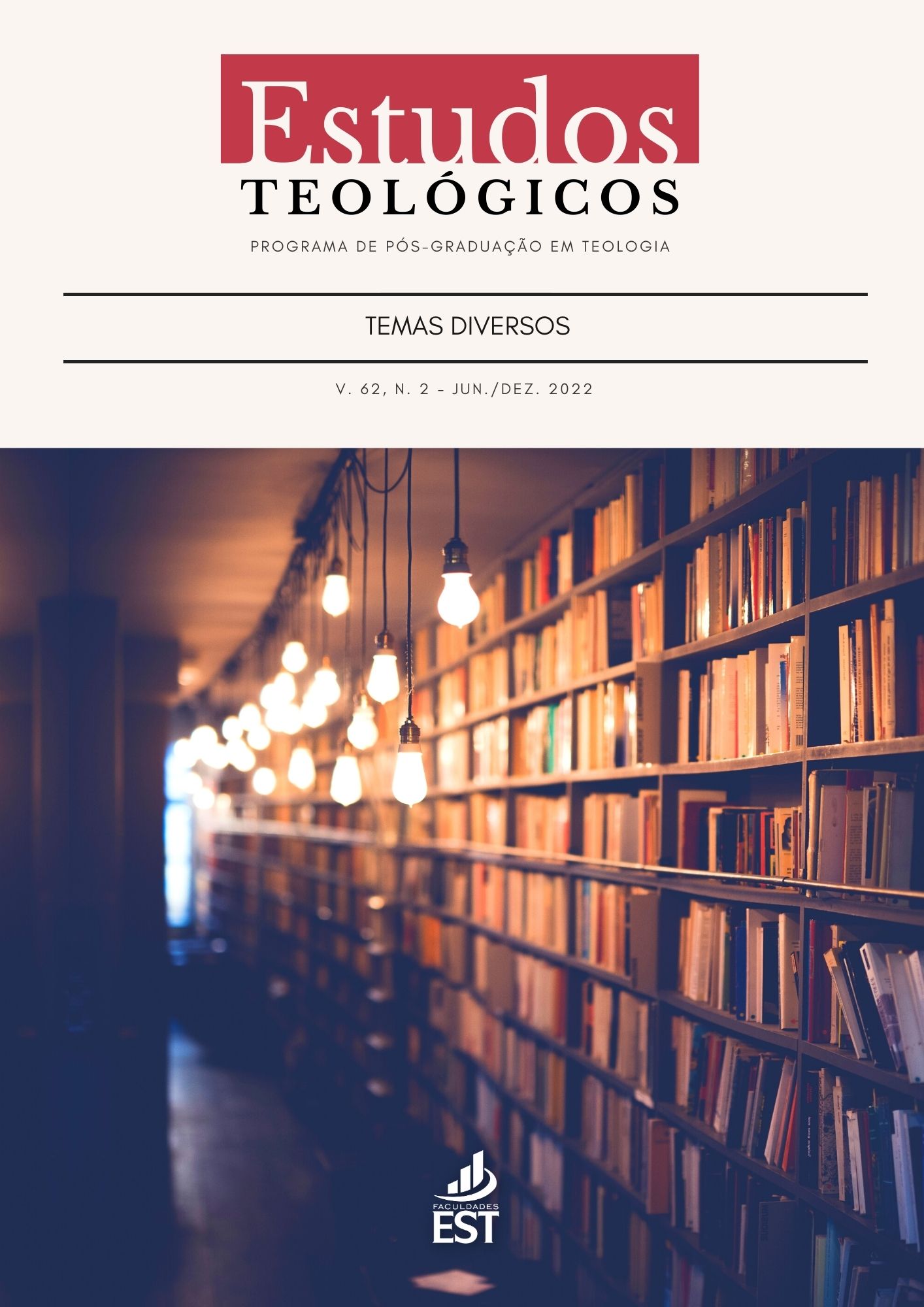Rudolf von Sinner’s Theology of Citizenship
Keywords:
Public Theology, Theology of Citizenship, Public Life, Christian Churches, Rudolf von SinnerAbstract
The challenge to think about the rule of law theologically is assumed by the Swiss-Brazilian theologian Rudolf von Sinner, who favors citizenship as a key concept for his approach. Sinner’s proposal of a Theology of Citizenship as Public Theology for the Brazilian context is structured on five pillars that contribute to the construction of a more solidary and fair public space, drawing from theological sources without imposing a private ecclesiastical agenda, but, instead, recognizes elements that may help to think about public issues in the Christian tradition, the Lutheran especially. To be a Christian citizen, the most theological pillar, is in correlation with the task to be, live, persevere and serve as a citizen. The author makes use of theological topics such as grace, imago Dei, justification by grace through faith, simul iustus et peccator, as well as the question of the two regiments with the goal of shaping his proposition of a citizen presence in the world that is theologically informed and active in lovely and free service to others. Hence, Rudolf von Sinner aims to qualify the Christian presence and incidence in public life, so that Christian churches, provoked by the gospel they confess, may pursue a citizenship in favor of other people, above all the ones who suffer the most, not legislating for their own cause, but, with boldness and humility, denouncing injustices while struggling for the effective consolidation and implementation of fundamental rights and liberties.











